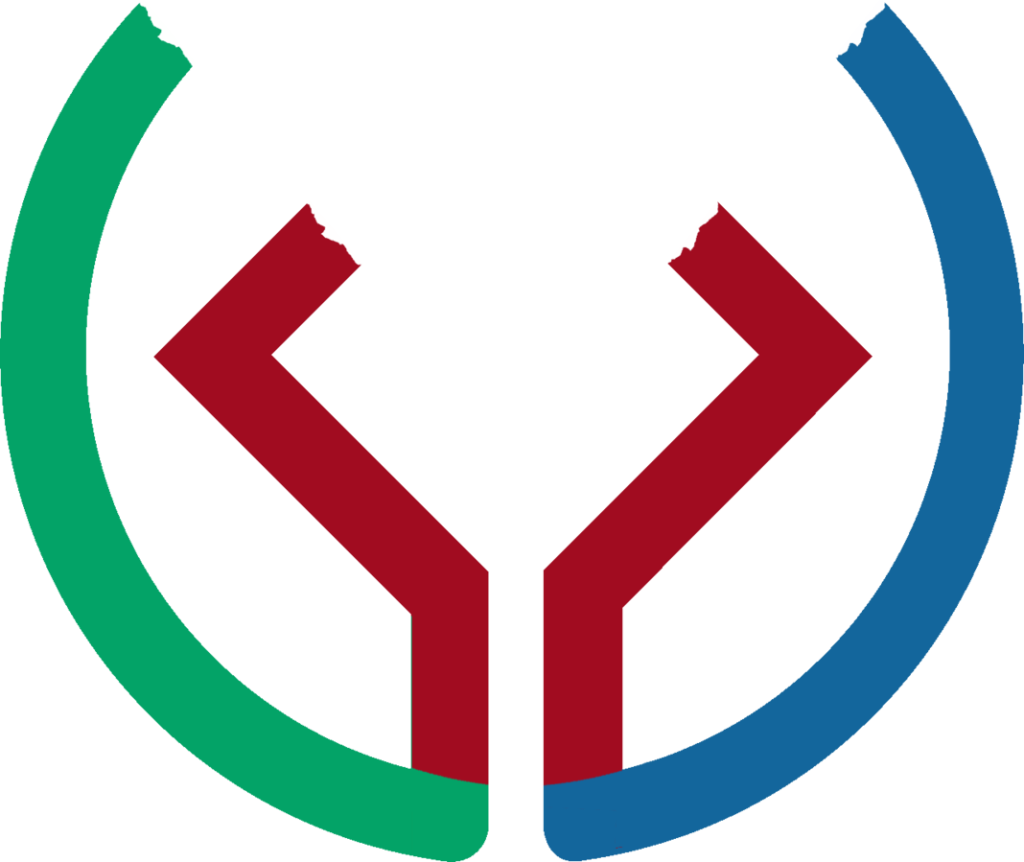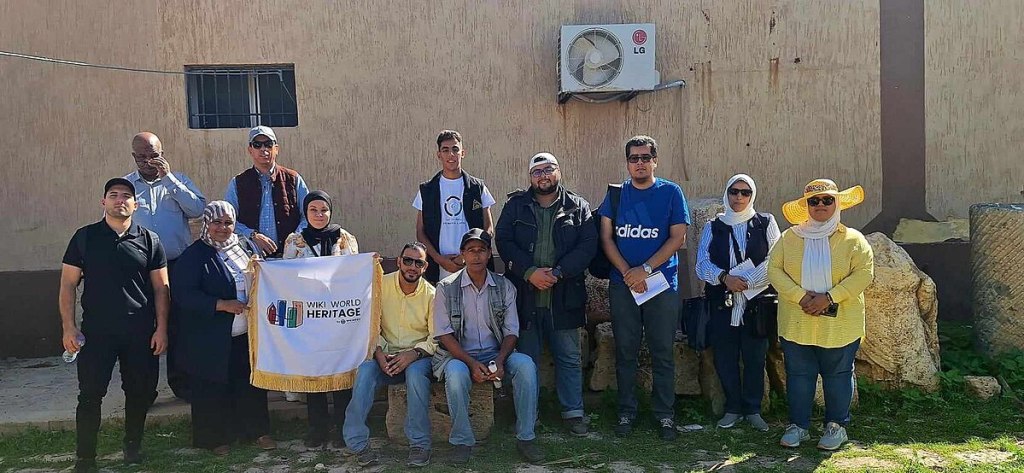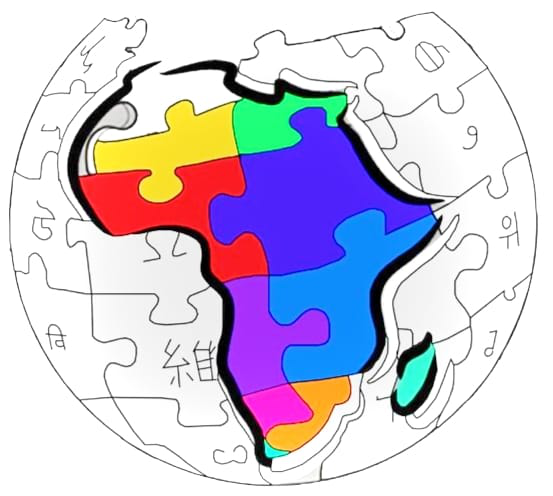As part of its activities, the User Group Wiki World Heritage launched in 2022 a project called WH2B (World Heritage To Be), dedicated to documenting heritage sites listed on the UNESCO tentative list.
The UNESCO tentative list comprises cultural and natural heritage sites that a country is considering for eventual nomination to the official World Heritage List. Countries submit Tentative Lists to UNESCO, outlining the properties they believe have the potential to meet the criteria for inclusion in the World Heritage List. This preliminary step is crucial in the World Heritage nomination process and sites inscribed on the tentative list hold significant importance, as they represent potential candidates for future recognition as World Heritage sites.
WH2B emerges as a proactive endeavor, aiming to document and highlight the cultural and natural treasures poised to become future World Heritage sites (for instance 3 sites that have been documented by WH2B project made it to the official list afterwards). By focusing on sites listed on the tentative list, WH2B contributes to the global effort to recognize and safeguard these invaluable elements of our shared heritage.
The project originated during a consultation with the members on future activities of the group when the group member Ndahiro Derrick suggested documenting the Genocide memorials in Rwanda. At that time these memorials were not yet officially recognized as World Heritage, they were included in the tentative list. This proposal sparked the idea of documenting sites on the tentative list, leading to the birth of the WH2B project, signifying World Heritage To Be.
The project initially kicked off with collaborations in local communities in Sudan and Ghana. Later another collaboration was possible also with the emerging community in Libya. However, the collaborations expanded significantly when a strategic partnership formed with Wiki Wake Up Afrique facilitated meaningful partnerships in other African countries without local affiliates.
This transformative collaboration with Wiki Wake Up Afrique owes much to the dedicated efforts of Mermoze (user : Adoscam) , whom I had the pleasure of meeting in Berlin during the Wikimedia Summit 2022 (thank you Nicole and Cornelius) . Our discussions revolved around the potential synergy between Wiki World Heritage and Wiki Wake Up Afrique in developing new communities across Africa.
Wiki Wake Up Afrique, established in 2021, emerged with a mission to foster and fortify local Wikimedia communities in Africa, with a particular emphasis on countries lacking affiliates. This collaboration has added a new dimension to the project, opening avenues for impactful partnerships, community development in unaffiliated countries and the paved the way for collaborative efforts in heritage documentation.
Thanks to this partnership, Wiki World Heritage was able to connect with local communities in Togo, Madagascar and the Republic of Congo leveraging the enthusiasm of these emerging communities in order to document several heritage sites listed on the UNESCO tentative list.
These sites includes:
- The old industrial site of Mantasoa in Madagascar
- Loango slavery harbour in the Republic of the Congo
- Conkouati-Douli National Park in the Republic of the Congo
- Agglomeration of Aného Glidji in Togo
- Woold Home in Togo (was on the UNESCO tentative list)
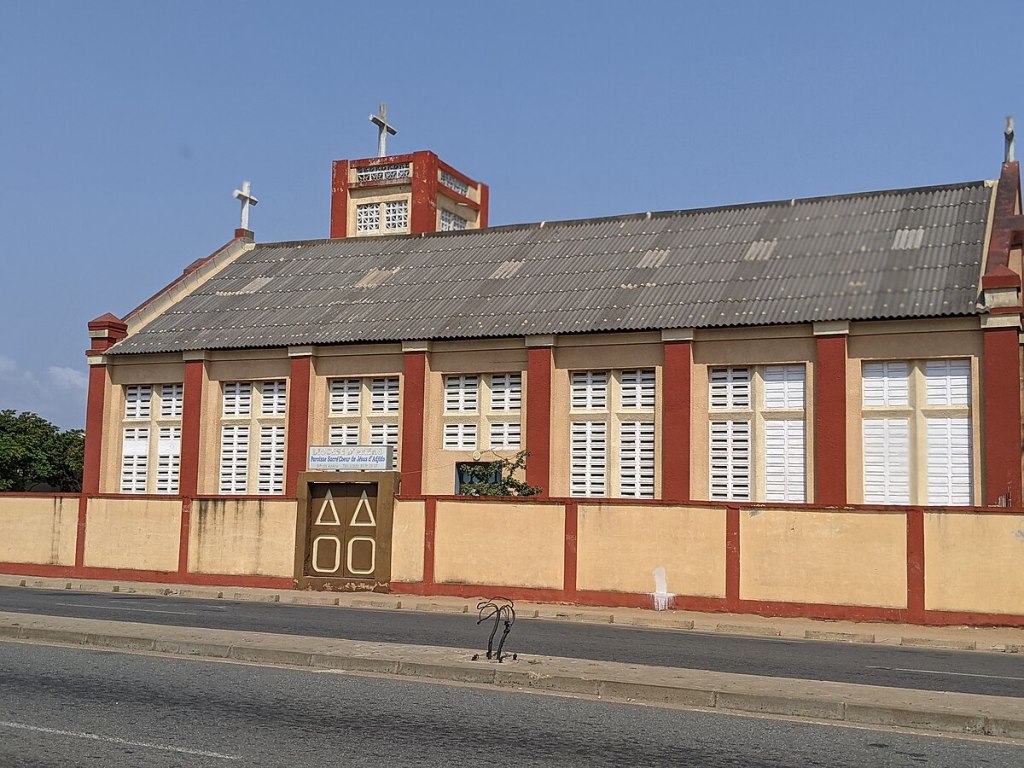
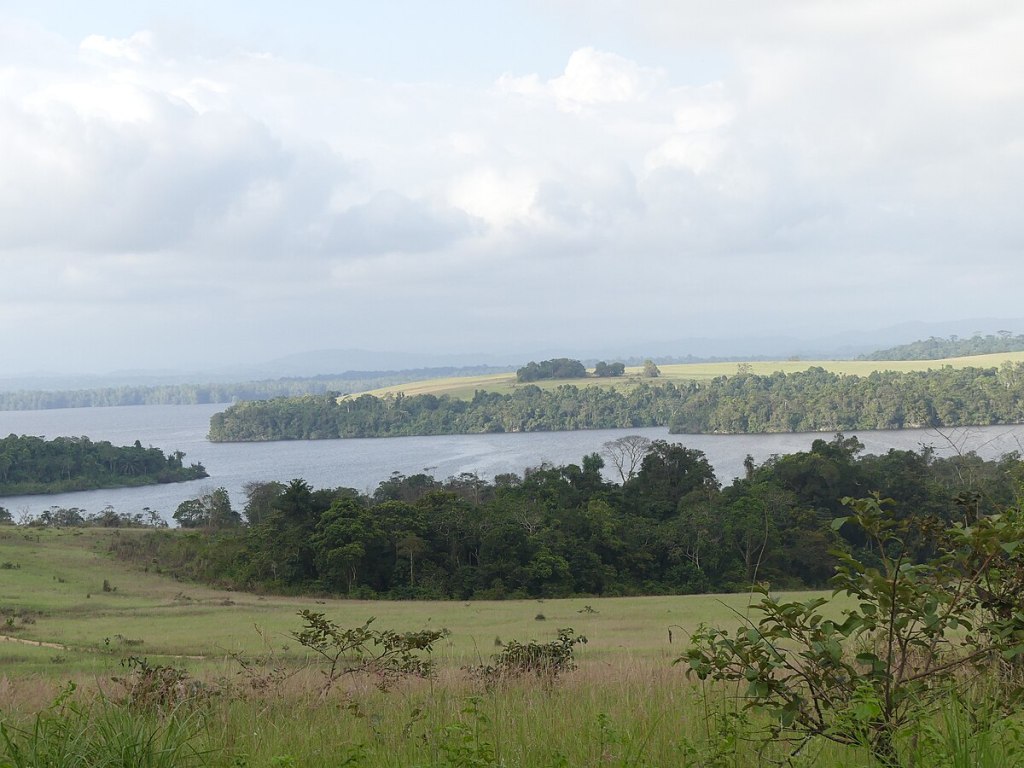
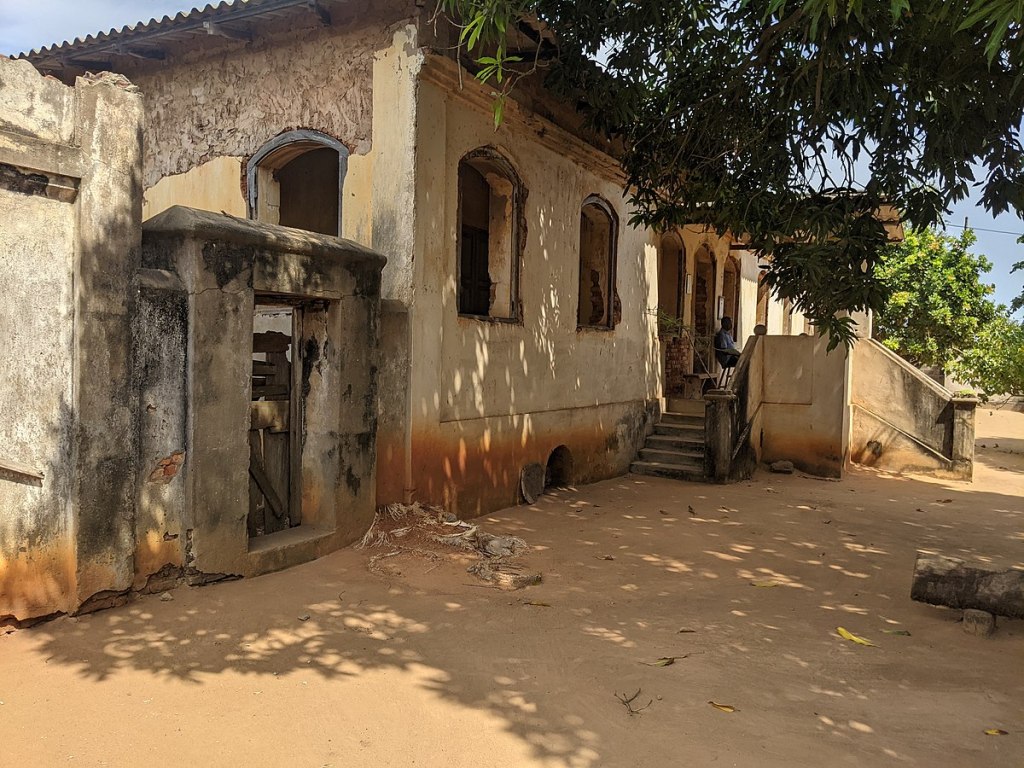
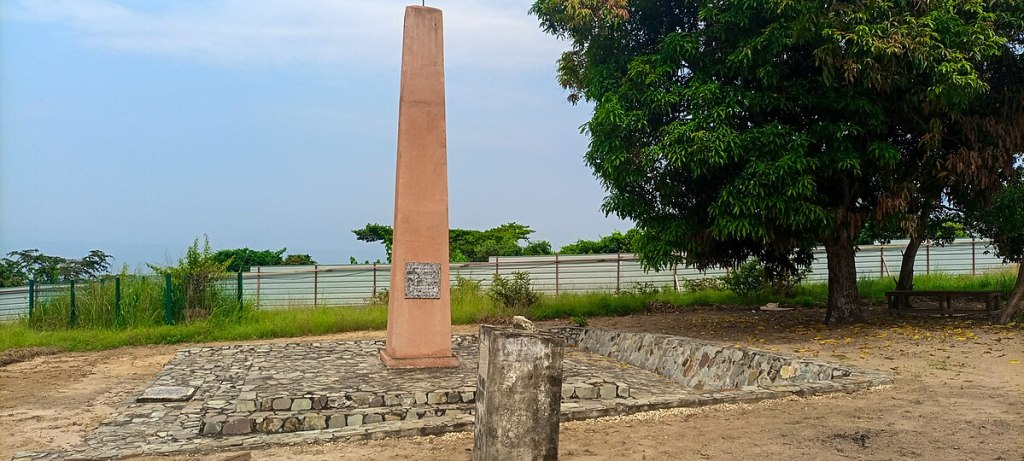
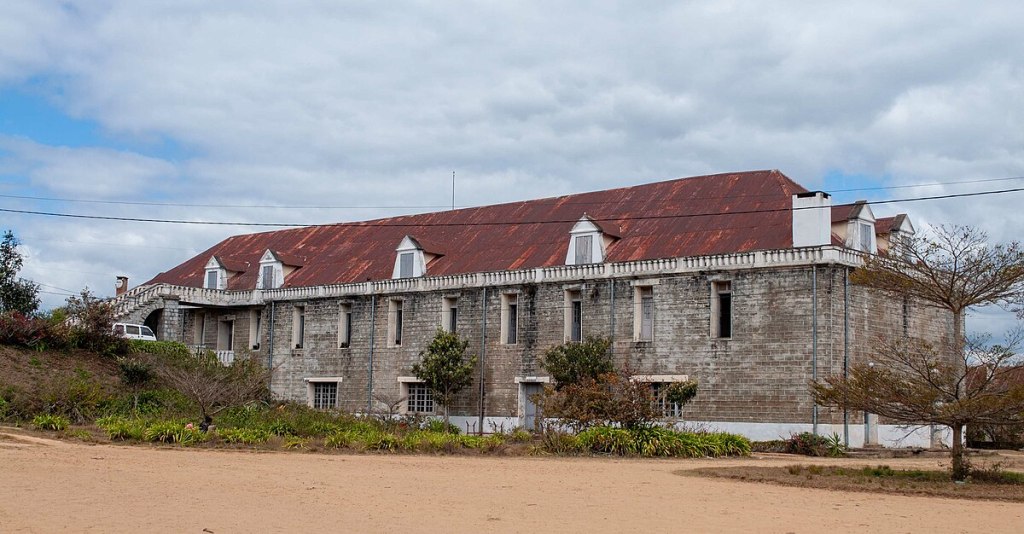
“Organizing two photowalks and uploading over 300 photos of heritage sites in Togo listed on the UNESCO tentative list has been a significant achievement for us. Special thanks to Mermoze Adodo (User : Adoscam), whose assistance facilitated our connection with Wiki World Heritage. The tri-party collaboration involving Wikimedia Togo, Wiki Wake Afrique, and Wiki World Heritage has had a positive impact on our emerging community and the development of our members.” Hermann Kass User:Hermann.kass from Wikimedia Community of Togo.
“Thanks to the collaborative efforts of Wikimedia Madagascar, Wiki Wake Up Afrique, and Wiki World Heritage, our community successfully organized a photowalk to document the historic industrial site of Mantasoa, which is listed on UNESCO’s indicative list. This initiative had a profound positive impact on our growing community, significantly enhancing member participation and fostering a sense of collective achievement.” Andriah User:Anai171 from Wikimedia Community User Group Madagascar.
“Thanks to the partnership with Wiki Wake Up Afrique, our community collaborated with Wiki World Heritage for photo walks at the former Loango slavery embarkation port and Conkouati-Douli National Park, UNESCO World Heritage sites. These initiatives improved our community, enhanced member skills, and strengthened our collective capabilities.” Kano Tchapi User:Kani_Beat from Wikimedians of Republic of Congo User Group.
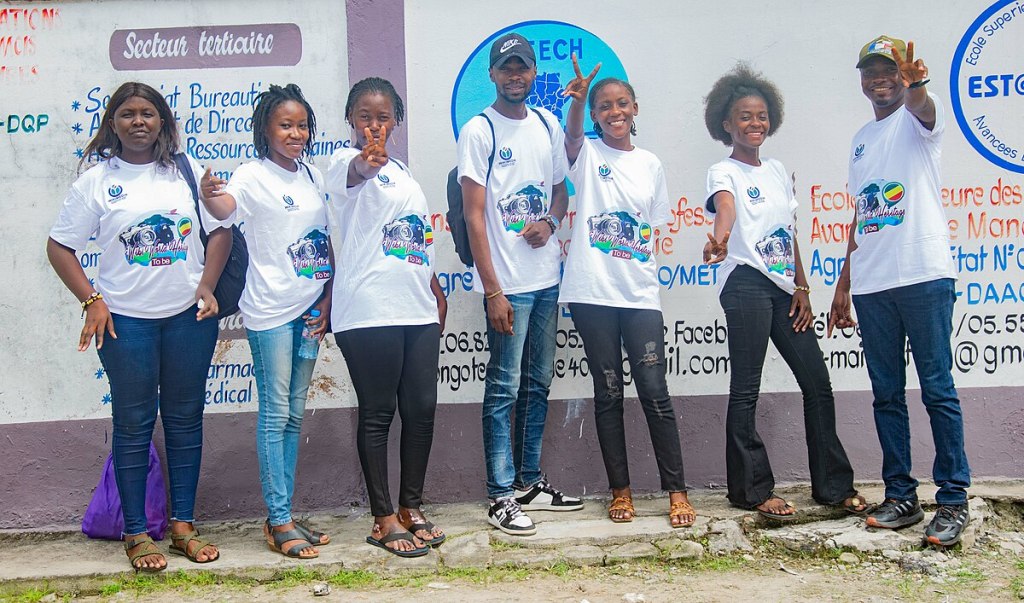
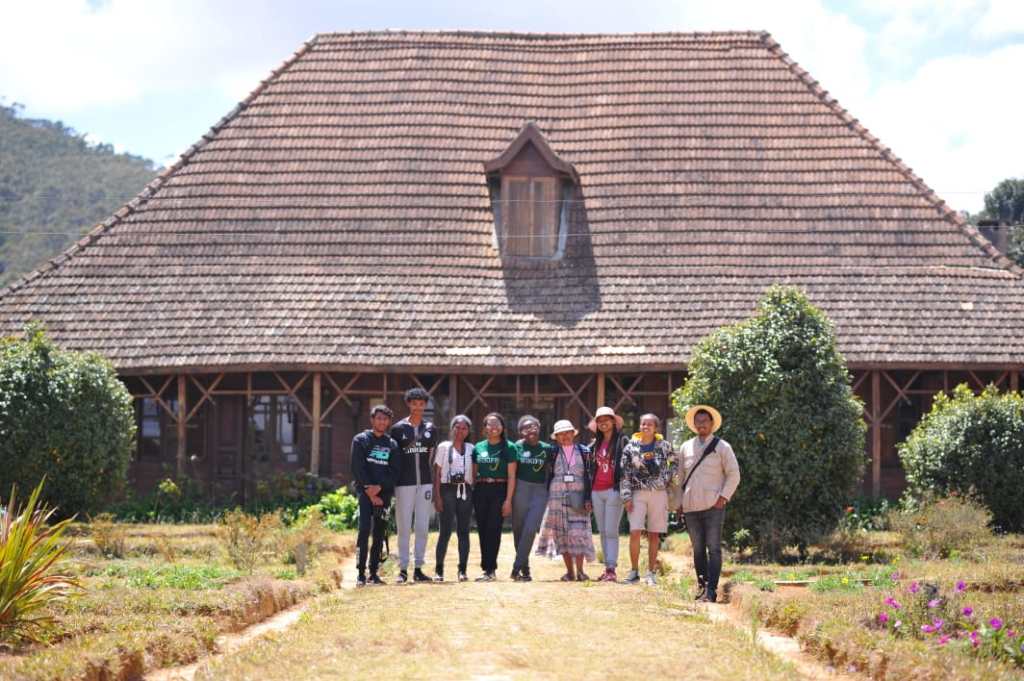
The WH2B and Wiki Wake Up Afrique collaboration stands as a powerful testament to the impact achievable through cross-initiative partnerships. Together, we strive not only to document our rich heritage but also to empower local communities.
Thanks to the WH2B project, a total of 2,329 photos have been uploaded, encompassing 17 sites spread across 12 countries.
Finally, none of this would have been possible without the unwavering support and invaluable assistance provided by our fiscal sponsor, Kiwix. Thank you Kiwix, Thank you Stephane!!

Can you help us translate this article?
In order for this article to reach as many people as possible we would like your help. Can you translate this article to get the message out?
Start translation
